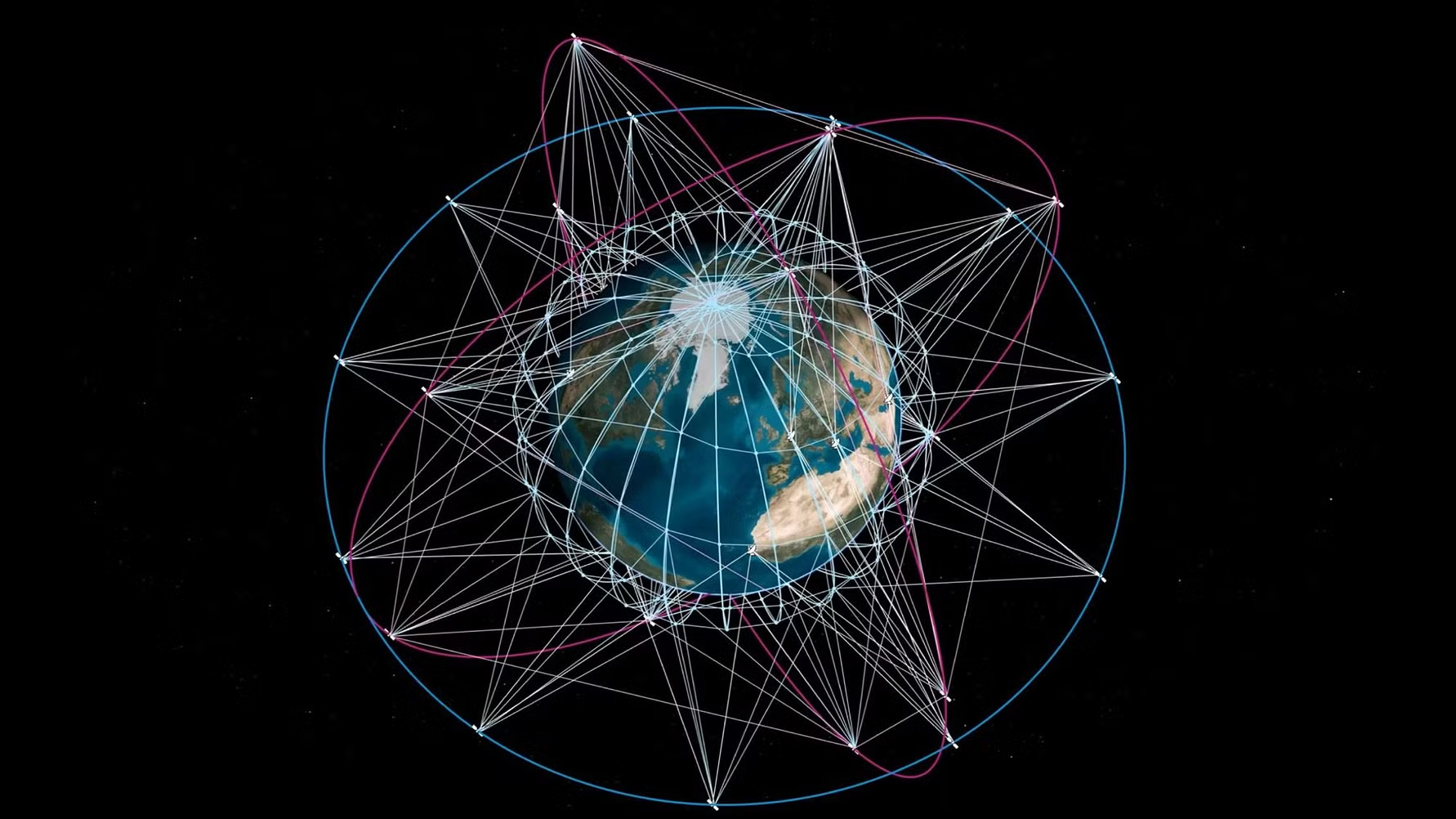TAMPA, Fla. — The European Commission said Oct. 31 it is proceeding with delayed plans for a multi-orbit sovereign broadband constellation, after getting a best-and-final offer from a group led by a trio of domestic satellite operators.
A contract for designing and operating more than 290 satellites by 2030 to support government communications remains subject to final negotiations, which are slated to conclude before the end of this year.
Global services, which would also include capacity for the commercial market, were previously scheduled to begin by 2027, with satellite deployments planned for 2025.
Europe had also initially agreed to fund 60% of a 6 billion euro ($6.5 billion) budget for IRIS², or Infrastructure for Resilience, Interconnectivity and Security by Satellite. The remaining cost would be covered by the private industry.
However, delays and higher-than-anticipated costs have impacted the project’s budget, which press reports now put at 10 billion euros — a figure a source familiar with the matter told SpaceNews is probably more realistic.
The European Commission did not respond to requests for comment.
While financial details are still being ironed out, the European Commission said in a brief Oct. 31 news release it will “first proceed with a budgetary commitment for the current multiannual financial framework” under a 12-year concession contract.
“Additional amounts may be awarded after 31 December 2027,” the European Commission continued, “subject inter alia to the adoption of a successor programme by the European Parliament and Council, and the availability of the corresponding appropriations.”
Details of the Sept. 3 bid for IRIS² from SpaceRISE — Space Consortium for a Resilient, Interconnected and Secure Europe — are also under wraps.
Satellite fleet operators SES, Eutelsat, and Hispasat are leading SpaceRISE and are responsible for providing private industry funds for IRIS², alongside funding from the European Space Agency and European Union member states.
European manufacturers Airbus Defence and Space and Thales Alenia Space were initially SpaceRISE co-leaders, but have taken a subcontractor role following reported price and performance pressures.
Satellite operator Hisdesat, spaceflight services company Telespazio, small satellite manufacturing specialist OHB, and terrestrial telcos Deutsche Telekom and Orange are also SpaceRISE subcontractors.
The European Commission said the SpaceRISE offer includes appropriate measures for including smaller companies in the IRIS² supply chain.
In its initial request, Europe aimed to require that at least 30% of IRIS² contracts over 10 million euros be subcontracted to smaller businesses to promote a more robust and diverse space economy across the region.

